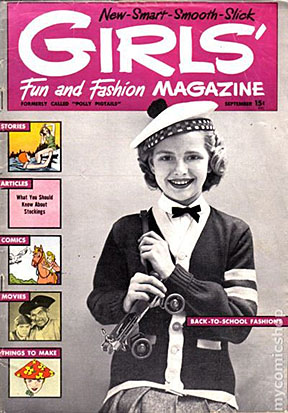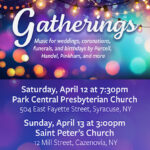Commonplace: Then and Now
Meteorological Spring starts on March 1 and includes March, April, and May. In 2023, Astronomical Spring started on March 20, the day I wrote this column. March 20 is the Vernal Equinox which is the spring day on which the hours of daylight and dark are approximately the same and I might have been required to know this stuff for a school science test. Now, facts like these seem to be the stuff of trivia games. Trivia’s Latin definition translates to commonplace, found everywhere, unimportant, and “of the crossroads.” We lose touch with once commonplace information as we move through life’s crossroads. People’s brainpower and attention has limits so people focus on what they need to do right now.
March 20 is the Vernal Equinox which is the spring day on which the hours of daylight and dark are approximately the same and I might have been required to know this stuff for a school science test. Now, facts like these seem to be the stuff of trivia games. Trivia’s Latin definition translates to commonplace, found everywhere, unimportant, and “of the crossroads.” We lose touch with once commonplace information as we move through life’s crossroads. People’s brainpower and attention has limits so people focus on what they need to do right now.
Physical damage, mistranslation, and misunderstanding cause misinformation to flow from point A to B within individual minds, from person to person and from yesterday to today. Speaking for myself, regardless of what memories my brain connects or doesn’t connect to, I still wake up each day to routines, work, and study, and with the need and desire to connect with other people in a way that seems healthy, good, and informed.
These days, particularly among us “Boomers,” there is a lot of pressure to remember the old days as respect-filled yet carefree, mature yet innocent, and better than today. Many remember things differently. It is true that back in the day, shootings were rare, and yet, there were times when some children were afraid to walk to their neighborhood schools.
Back in the day, many girls magazines discussed how to try to look good and be attentive to boys, not how to be healthy, informed, or even smart, and smart doesn’t necessarily mean informed. Girls were encouraged to not say what they really meant. I don’t know what boys were taught.
Catcalls, shaming slurs, shoves in the school hallway and “getting jumped” in the neighborhood were not uncommon, and trying to talk or reason one’s way through such encounters didn’t usually work. Then, like now, bullies didn’t engage in patient interpersonal problem solving; bullies might appear to befriend a weaker kid so they could ‘borrow’ the kid’s spare pen or copy his homework. Naively friendly kids might be led into dangerous situations they never imagined because they trusted people.
In parochial grammar school, we read about young Jesus preaching in the Temple, and how God and his angels watched over everything.
In high school we read “Lord of the Flies.”

For me, books were both schoolwork and escape. Books are the part of the good old days that worked for me. Information from books, “Soul on Ice” for instance, still connect to neural coordinates in my brain, available to trickle down into my consciousness for 1960’s trivia. The term Vernal Equinox, defined earlier in this piece of work, was the correct response to a trivia question that our trivia team recently answered correctly. We didn’t all know the answer. While we don’t all remember or recall the same information in the same way, we might all contribute to a shared consciousness.
In trivia games, teams work together to answer multiple choice questions, to decide to answer or not answer fill in the blank bonus questions, and to self-assess their likely collective knowledge of the final question category and bet. Team members decide on answers and wagers amid time constraints and with music playing in the background. Team members seek to communicate with each other without revealing answers to competitors sitting nearby. Teams use their own collective brainpower and communication skills. In terms of group dynamics or civics, a trivia team seeks consensus based on group confidence in an individual’s or the group’s knowledge. If group members offer conflicting answers, group members vote on which answer to submit. Sometimes, the members of the group who are most confident in a certain topic category sway consensus toward betting more points. No one can know for sure what one’s fellow group members know for sure because no one knows what the final question will be. You win some. You lose some.

I didn’t intend to write about trivia, trivia groups, or our trivia group. I wanted to write about group dynamics in social groups who discuss current events, especially, the current events that trouble us. My trivia group dynamics analogy maybe didn’t work as well as I hoped. Trivia teams are about competition and sometimes, the competition starts within the group. Some individuals might have competing voices within themselves saying, “speak;” “don’t speak; what if you’re wrong?”
“Why didn’t I, we, or they speak up when they knew the answer?”
That’s commonplace in many groups.
That’s not trivial.










